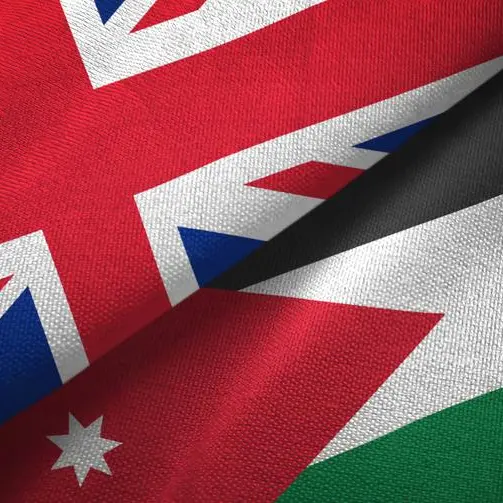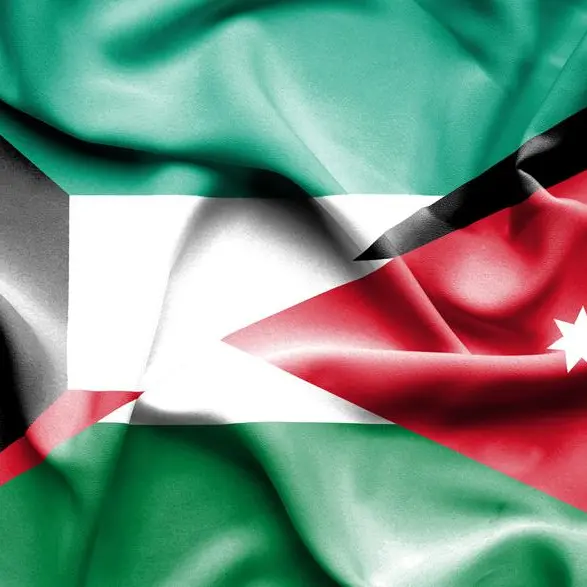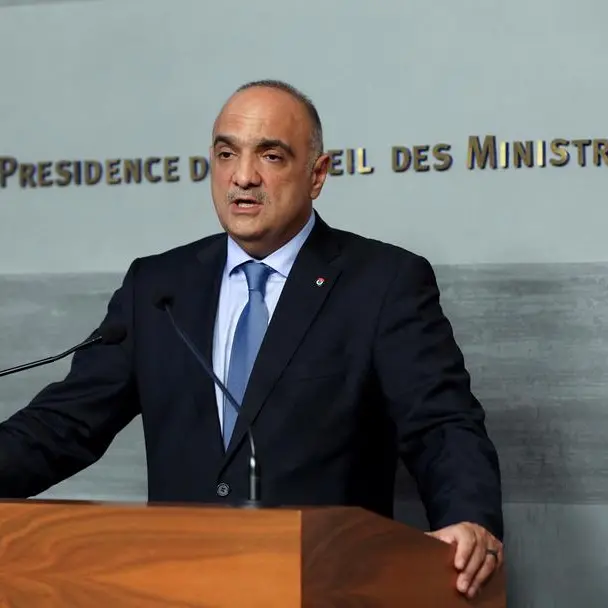PHOTO
By Arwa Gaballa
CAIRO, Aug 22 (Reuters) - Egypt's policy decisions last November to float the pound and subsequently raise interest rates have improved conditions for the banking sector but have slowed investment and dampened consumer loan demand, BLOM Bank Egypt's CEO told Reuters.
The central bank's reforms, part of a $12 billion International Monetary Fund programme and also including the lifting of restrictions on foreign currency transfers, have helped restore confidence in Egypt's official banking system, but their effects continue to reverberate across the economy.
Mohamed Ozalp, chief executive of Lebanese-based BLOM Bank Egypt which has some 35 branches across Egypt, said dollar liquidity had radically improved since the pound float.
Ozalp said the bank had gone "from a situation where ... there were trade finance obligations that were pending to a situation today where not only do we cover all the demand that comes to us, but also, more importantly, interbank (lending) is functioning and it's functioning well."
Egypt's central bank has raised key interest rates by 700 basis points since it floated the currency, helping banks increase profits but forcing some businesses to put on hold expansion plans at a time when the country is in need of a growth boost.
"Corporate lending is increasing, but at a slower pace than we had planned," Ozalp said, adding he expected to see demand for some large loans before year end. Retail loans were also hit by high interest rates, he said, expanding at a lower rate than anticipated.
The central bank kept key interest rates on hold in its monetary policy committee meeting last week. Economists see rates coming down towards the end of this year, as inflation, which stood at 33 percent in July, is expected to start easing.
REMOVAL OF RESTRICTIONS
The Egyptian pound has lost half of its value and inflation has shot up since the pound float in November.
"In terms of industry, you still have expansion, you still have new investment ... but it's slowed down somewhat, with some of the investors or entrepreneurs saying 'let's wait a few months to negotiate a better rate'," Ozalp said.
Ozalp also said the removal of restrictions on foreign currency transfers had helped restore confidence in the official banking system, crushing a black market that had boomed before November.
BLOM Bank Egypt plans to expand its branch network, adding some seven branches before the end of the first quarter of 2018. Five of the branches are expected to open before the end of 2017, Ozalp said.
He said the bank expects a healthy increase in profits this year but did not say by how much he expected profits to rise.
The CEO also noted BLOM Bank Egypt is focused on small and medium-sized enterprises, chiming with official policy. The central bank launched a programme last year that offers incentives to SMEs in an effort to battle unemployment and encourage growth.
Running for four years and worth some $25 billion, the programme offers sharply reduced interest rates to young people wishing to start their own businesses.
"We have one of the highest SMEs percentages, let's say 20 percent (of loans)," Ozalp said. "And we're quite proud of that."
(Reporting by Arwa Gaballa; Editing by Ahmed Aboulenein and David Holmes) ((arwa.gaballa@thomsonreuters.com; +20 2 2578 3290;))
CAIRO, Aug 22 (Reuters) - Egypt's policy decisions last November to float the pound and subsequently raise interest rates have improved conditions for the banking sector but have slowed investment and dampened consumer loan demand, BLOM Bank Egypt's CEO told Reuters.
The central bank's reforms, part of a $12 billion International Monetary Fund programme and also including the lifting of restrictions on foreign currency transfers, have helped restore confidence in Egypt's official banking system, but their effects continue to reverberate across the economy.
Mohamed Ozalp, chief executive of Lebanese-based BLOM Bank Egypt which has some 35 branches across Egypt, said dollar liquidity had radically improved since the pound float.
Ozalp said the bank had gone "from a situation where ... there were trade finance obligations that were pending to a situation today where not only do we cover all the demand that comes to us, but also, more importantly, interbank (lending) is functioning and it's functioning well."
Egypt's central bank has raised key interest rates by 700 basis points since it floated the currency, helping banks increase profits but forcing some businesses to put on hold expansion plans at a time when the country is in need of a growth boost.
"Corporate lending is increasing, but at a slower pace than we had planned," Ozalp said, adding he expected to see demand for some large loans before year end. Retail loans were also hit by high interest rates, he said, expanding at a lower rate than anticipated.
The central bank kept key interest rates on hold in its monetary policy committee meeting last week. Economists see rates coming down towards the end of this year, as inflation, which stood at 33 percent in July, is expected to start easing.
REMOVAL OF RESTRICTIONS
The Egyptian pound has lost half of its value and inflation has shot up since the pound float in November.
"In terms of industry, you still have expansion, you still have new investment ... but it's slowed down somewhat, with some of the investors or entrepreneurs saying 'let's wait a few months to negotiate a better rate'," Ozalp said.
Ozalp also said the removal of restrictions on foreign currency transfers had helped restore confidence in the official banking system, crushing a black market that had boomed before November.
BLOM Bank Egypt plans to expand its branch network, adding some seven branches before the end of the first quarter of 2018. Five of the branches are expected to open before the end of 2017, Ozalp said.
He said the bank expects a healthy increase in profits this year but did not say by how much he expected profits to rise.
The CEO also noted BLOM Bank Egypt is focused on small and medium-sized enterprises, chiming with official policy. The central bank launched a programme last year that offers incentives to SMEs in an effort to battle unemployment and encourage growth.
Running for four years and worth some $25 billion, the programme offers sharply reduced interest rates to young people wishing to start their own businesses.
"We have one of the highest SMEs percentages, let's say 20 percent (of loans)," Ozalp said. "And we're quite proud of that."
(Reporting by Arwa Gaballa; Editing by Ahmed Aboulenein and David Holmes) ((arwa.gaballa@thomsonreuters.com; +20 2 2578 3290;))












